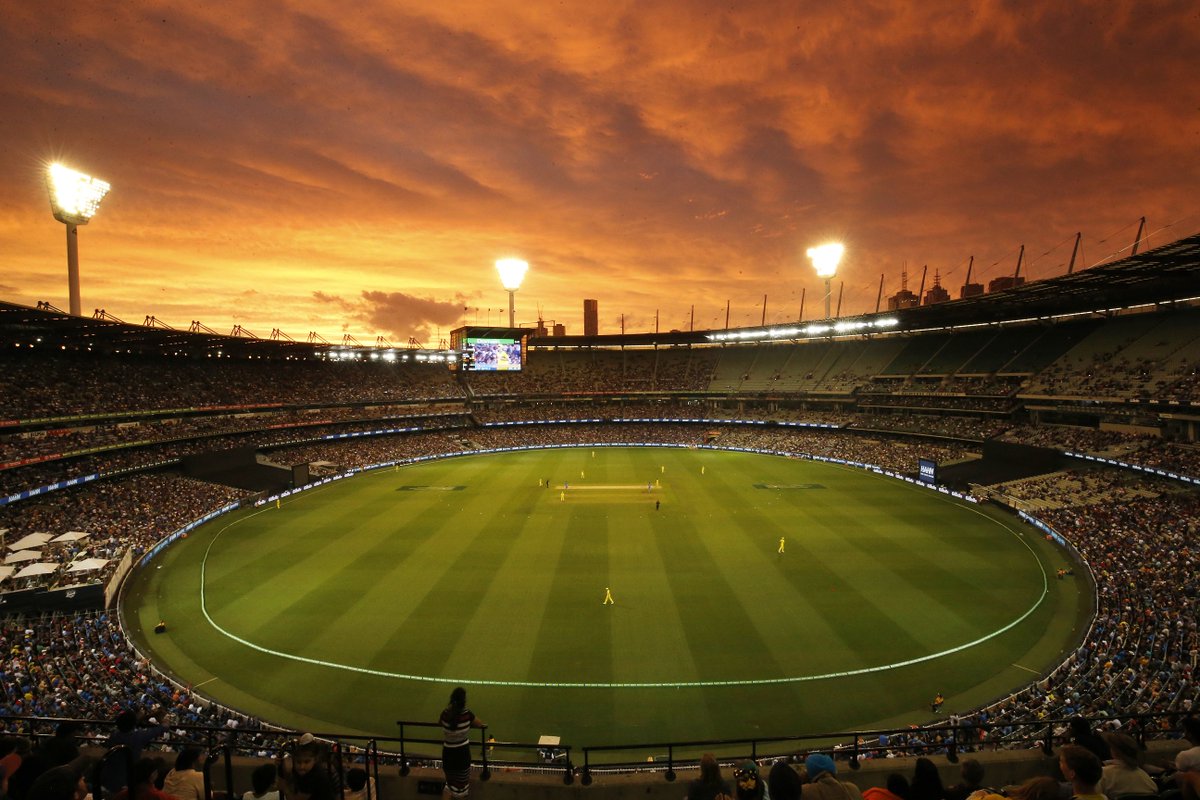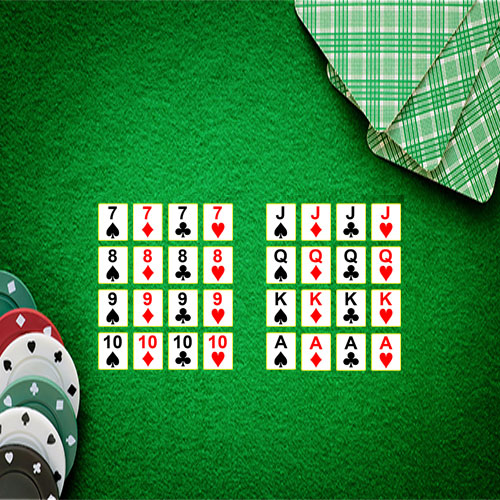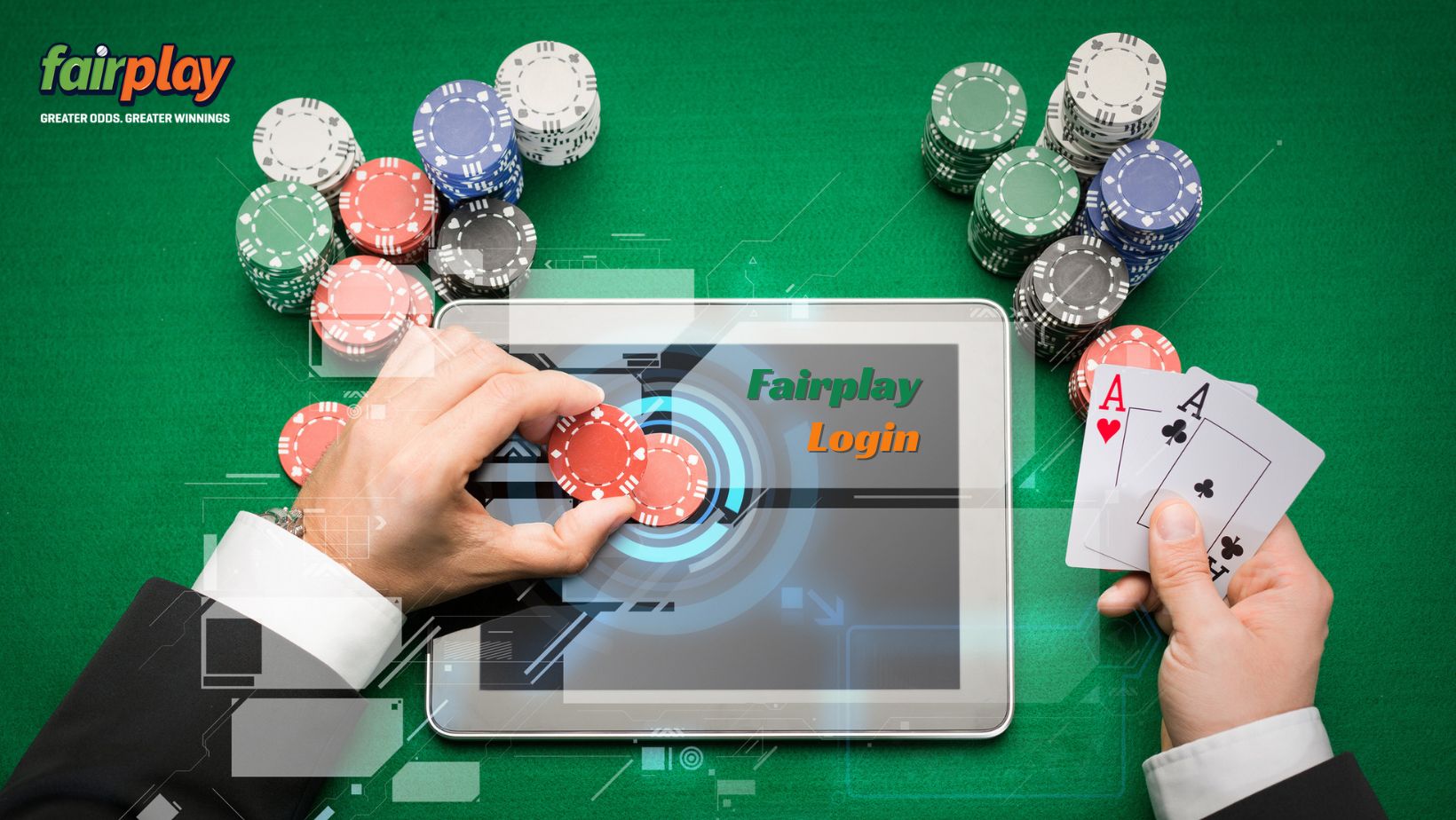
When it comes to gambling, India boasts some of the world’s most distinctive legal doctrine. Not only do our laws categorize gambling into two types: skill games and chance games, but the Constitution also empowers states to control dreamexch9.com login gambling.
The principal gambling law in India was the Public Gambling Act of 1867, which established a distinction between skill and chance games. Notwithstanding the fact that the legislation applied solely to provinces during the British era, many states adopted the PGA as their own state laws; others, such as Uttar Pradesh, simply adopted the PGA. Our statutes and Supreme Court decisions have also confirmed this distinction.
Indian courts utilize the dominating factor or predominance test to distinguish between games of skill and games of chance. It finally comes down to which factor — skill or chance — is more essential in determining the outcome of the game.
The possibility of going digital
As a result, they’ve begun to interchange the terms gaming and dreamexch 24.com login gambling, which is troublesome! Regrettably, many industry commentators are now recommending that all types of real money based games be completely banned just because they resemble online gambling!
Providing actual money based on skill Gaming with gambling is, in my opinion, like comparing apples and oranges! It makes no sense. But why am I telling you this? To begin with, the most important factor that any gamer would want to master in skill gaming is the skill, strategies, and in-depth knowledge of the specific game he or she is playing — because, at the end of the day, skill and competence will obviously matter the most in order to win or perform optimally.
Yet, the most significant factor in winning money in any type of online gambling is luck or probability (counting the odds), implying that talent alone does not guarantee gambling success.
The gaming industry feeds on a high level of excitement, participation, and vitality.
In the Ravindra Singh Chaudhary vs. Union of India case in 2019, the Rajasthan High Court ruled that Fantasy Sports did not constitute gambling because players would need skills comparable to those of a real sports team manager.
The state’s ban on online card games such as Rummy and Poker has been lifted by the Tamil Nadu High Court. These are significant advancements in distinguishing between “games of chance” and “games of skill,” and they will contribute to promoting a positive narrative in favor of gaming over gambling.
Fantasy Sports is transforming the gambling sector in India.
The gaming sector in India is going to face a revolution. The Indian gaming landscape has given developers a plethora of alternatives for creating games for Indian consumers. IPL sponsorships have shifted throughout the years, from DLF, a real estate company, in 2008 to Vivo, a mobile phone manufacturer, from 2016 to 2019. Vivo’s recent pullout and the launch of Dream11, a fantasy sports platform, highlight the paradigm shift.
Fantasy sports market –
The fantasy sports website’s user base has expanded from 20 lakh in June 2016 to an astonishing 90 million in December 2019. It is expected to exceed 100 million by the end of 2020. The gross income of online fantasy sports companies surged by Rs 1,480 crore. This represents an astounding 161 percent growth in a single fiscal year. The industry will set a benchmark of $3.7 billion by the end of 2024, according to forecasts. This market is now growing at a compound annual growth rate (CAGR) of 32%.
India’s gaming business —
India has one-tenth of the world’s gaming population and the second-largest smartphone user base! Consumer demand for mobile content increased dramatically once the cost of data was reduced to one-quarter of its prior level. Annual income from mobile gaming is predicted to approach $1 billion by 2021, making India’s mobile game industry the fastest-growing in terms of revenue.
In India, there are over 222 million gamers. Kids spend an average of 42 minutes every day playing mobile games! The number of game creation businesses in India has increased. They’ve grown 11 times in the last decade and are predicted to reach 275 by 2020.
Because of the broad availability of the internet and the inexpensive cost of smartphones, online sports platforms have seen widespread adoption and an ever-growing user base. Following the traction, there has been some criticism.
How’real money gaming’ can impact brands and agencies
India’s gaming business has grown at an exponential rate in recent years, with over 450 million active players and broadcasters with more on the way. As the dreamexch 24.com login gaming graph rises, industry stakeholders are already planning the next step: Real Money Gaming (RMG) refers to the spending and earning of real money in Online Cricket ID casino games, daily fantasy sports, regulated sports betting, and lotteries.
As the gaming industry expands, everyone from dreamexch 24.com login gaming firms and advertisers to A&M agencies and industry experts is making significant investments. According to Shivanandan Pare, Executive Director and CEO of Gaussian Networks (Adda52.com and Addagames.in), there is a growing desire for skill-based games with a high probability of profit. In fact, it is a component of a wider ecosystem. “Gaming is already bigger than Hollywood and music combined,” he claims. If the decade of streaming services was 2010-2020, I predict the decade of gaming in entertainment and pop culture will be 2020-2030.”
According to Pare, the rising interest in gaming by numerous groups, both businesses and customers, will result in a synergy between diverse brands that may use gaming’s universality as a platform to promote their own enterprises. Furthermore, RMG players are more likely to have larger discretionary incomes, which could result in a successful return on RMG advertising.
Sports Fantasy Games
In addition, agencies are focusing their efforts on dreamexch 24.com login gambling, which is anticipated to be worth $300 billion by 2022. India accounts for only a little portion of this, with a market share of roughly 1%. Given that Indian gaming companies spent Rs 1400 crore on advertising alone in 2021, the amount is not to be overlooked.
“It makes sense for gaming companies to convert casual players, who make up the vast majority of gamers, into RMG buyers. The Indian gambling industry remains under-monetized, with just 13-15 percent of gamers paying to participate. “That’s around 96-100 million people in the country,” says Ramsai Panchapakesan, Senior Vice President and National Head of Integrated Media Purchasing at Zenith, “and while that’s a large amount, it could be a lot bigger.”
As we all know, the online gaming sector in India is booming. According to Deloitte predictions, India’s online gaming business would grow at a CAGR of 40% to $2.8 billion by 2022, with skill games driving the majority of the growth.
The vast majority of these synergies occur online. Insiders in the industry anticipate that now that things have returned to normal, on-the-ground events will draw brand association. “I believe individuals are hardwired to want to meet in person. Of course, digital has become a part of every activity now, and people will continue to play online, but we’ll see a lot more people stepping out to play and engage with the community,” says Pare, whose company recently completed a year-long poker championship – Adda52 Champions Leaderboard (ACL) 2021 – that saw players from all walks of life and across the country compete for a spot on the leader boards, with the championship round held physically in Goa.









